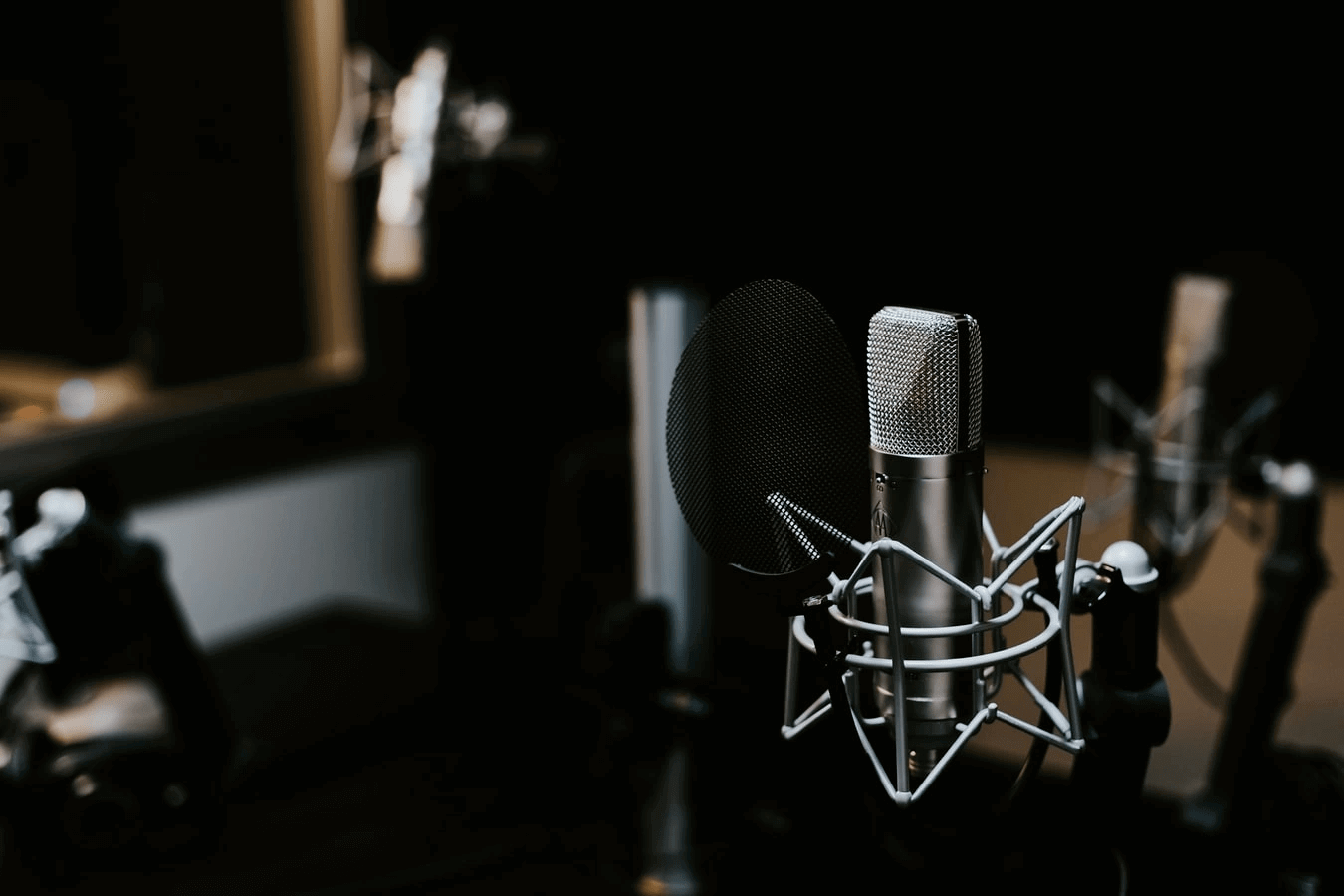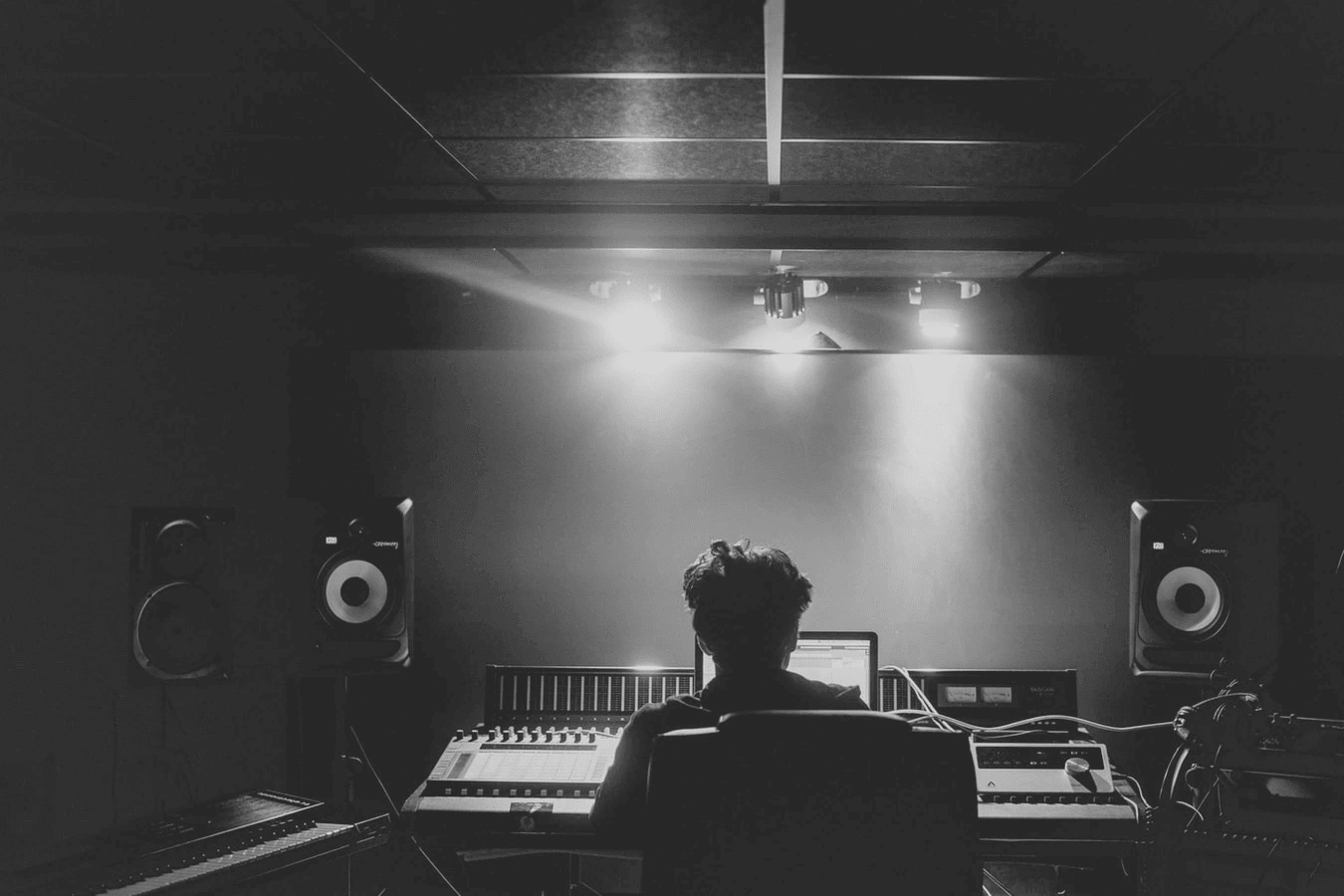Some Basics Of Studio Acoustics
First, sadly to say, it is difficult to treat a room properly without acoustic expertise. Hiring an acoustic design firm, however, can be expensive for many situations. Having some basic knowledge of what is required in non-studio spaces before beginning to build a studio can be helpful. It might even save a lot of money.
Sound isolation is a technique that prevents sound from entering or leaving a studio space. Acoustic treatment, on the other hand, involves absorbing or diffusing certain frequencies to achieve a balanced sonic environment within the studio.

These are two different design concepts in studio design and each addresses unique issues. Sound isolation does not affect the acoustic characteristics of the room and acoustic treatment doesn’t add soundproofing to a space. It is important to understand the difference and the necessity of each.
Sound isolation is the most labour-intensive of these procedures. It often involves construction work in a space and hiring contractors to do it. Hanging acoustic panels will not make a studio soundproof. In most cases, studio owners will have to hire contractors to achieve sound insulation.
Even treating spaces within office complexes require special skills. It is always best to consult with contractors with expertise in studio construction. Those without experiences often don’t do as good a job. In this type of work, the laws of physics apply and either the studio will be successful or not after the fact. Shortcuts in this process can be unforgiving.

To sonically isolate a room, the designer and contractor must deal with all the surfaces, including the floor, walls, windows and ceiling. The work is usually about added mass and air gaps. Mass means using denser material so less sound energy can be moved in and out of the space. Air gaps are comprised of two layers of drywall or glass separated by a small distance. This gap, used in windows and doors, helps prevent sound from entering or leaving the space.
Floating floors are also important in many spaces. This means either “float” the existing floor materials or add a new layer of flooring that is decoupled from the existing floor. This usually involves employing hard rubber floor floaters to deaden the sound.
Once these floaters are used, a new floor is laid on top. This, of course, works best in rooms with high ceilings, which many offices do not have. Before picking a room with low ceilings, consider how to isolate the floor and not cramp the space. It is one of the reasons professional recording studios always have high ceilings.

Treating ceilings in homes and offices can be even more difficult. It can also be dangerous without professional help. Consider the floor above your ceiling. Redoing the floor above with acoustic material or cork under the floor can enhance sound isolation. Also, isolating the above floor with acoustic fibreglass insulation can be helpful. Finally, make sure to use an acoustic seal to prevent air leaks. These leaks can enter through windows, poorly fitted joints or even electrical outlets.
Another consideration is the HVAC system. Ventilation is always needed in any studio. The heating, ventilation and air conditioning system can destroy the sonic silence in the room. Proper HVAC installation is a major consideration in any studio. Its quietness can only be handled by professional experts.
Building a room within a room — which is how a sound isolated studio is made — can add a huge amount of weight to a building’s structure. Make sure a qualified architect or contractor checks this out first. Otherwise, you have could a disaster in the making.
Before starting a studio project, avoid two things: cutting costs with inexperienced workers and using substandard materials in the construction. Both will result in a studio that does not perform well. It will cost far more to fix it in the end.
Be smart and estimate the studio’s actual cost. If you can’t afford it, don’t do it all. No one can beat the laws of physics. If you need the help of acoustical experts, contact us at Acoustica Projects now!
Call us 1300 498 268
Email us – enquires@acousticaprojects.com.au
Website – www.acousticaprojects.com.au
